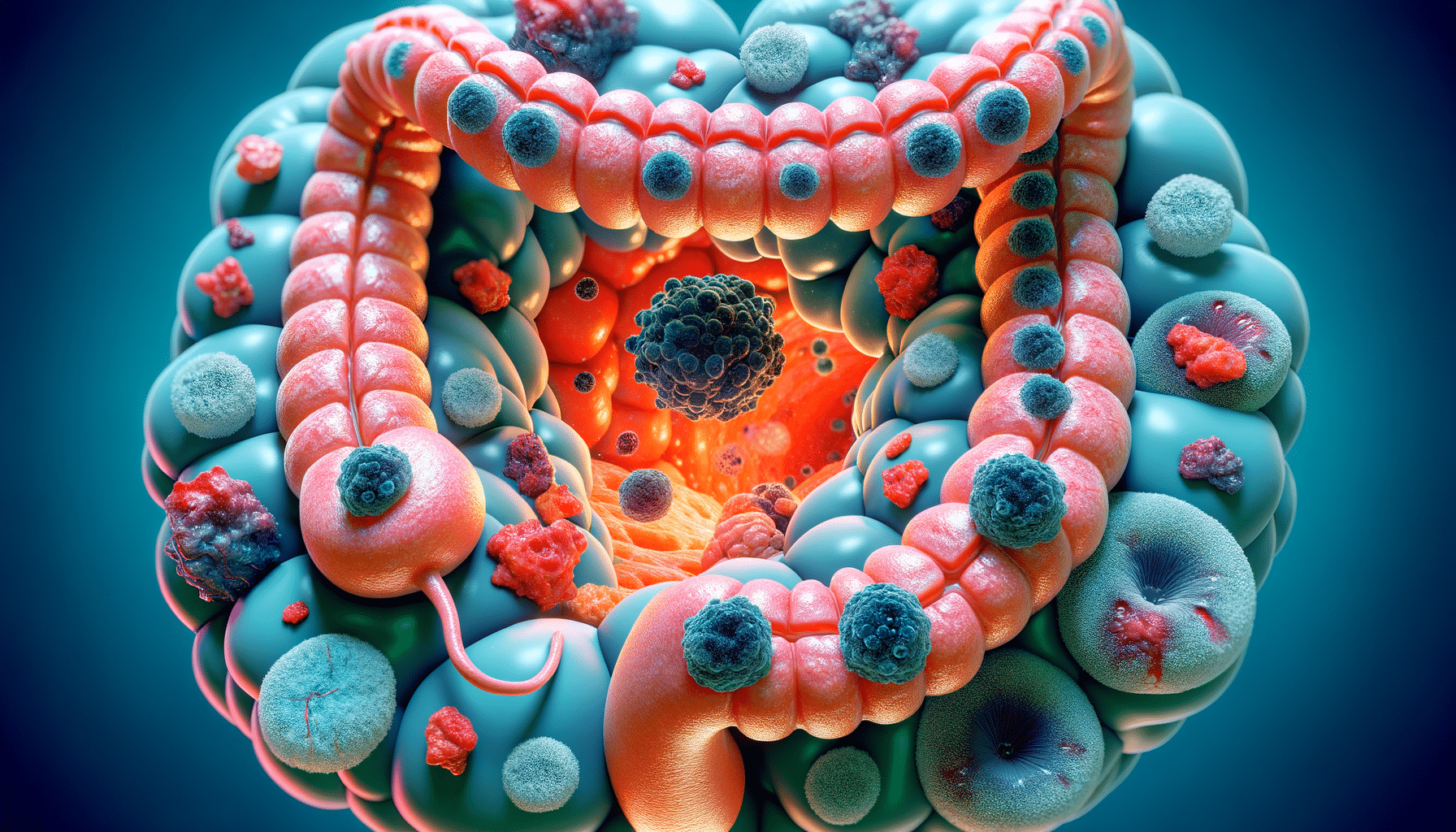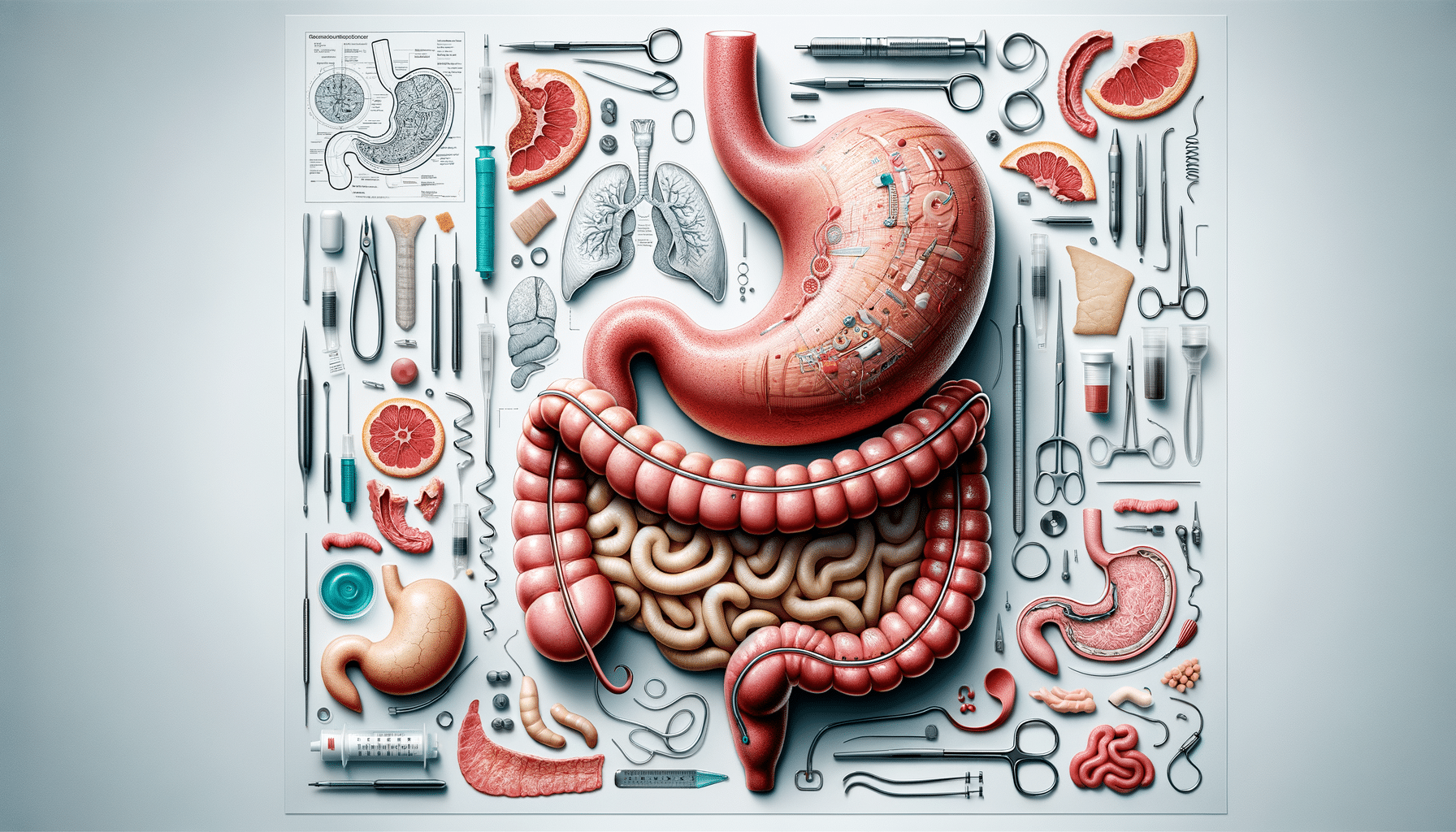
Colon Cancer: How It Spreads, Early Signs, and What You Need to Know
Understanding Colon Cancer
Colon cancer, also known as colorectal cancer, originates in the colon or rectum. It is one of the most common types of cancer worldwide, affecting millions each year. Despite its prevalence, many people are unaware of how it develops and spreads. The colon is part of the digestive system, and cancer can start when cells in the colon begin to grow uncontrollably. These abnormal cells can form polyps, which may become cancerous over time.
Understanding the nature of colon cancer is crucial because early detection significantly increases the chances of successful treatment. Regular screenings are recommended, especially for individuals over the age of 50 or those with a family history of the disease. Colon cancer often develops slowly, which provides a window for early intervention. However, if left untreated, it can become aggressive and spread to other parts of the body.
Key risk factors for colon cancer include age, genetic predisposition, lifestyle factors such as diet and exercise, and certain medical conditions like inflammatory bowel disease. Awareness of these factors can help in taking preventive measures and seeking timely medical advice.
How Colon Cancer Spreads
The spread of colon cancer, also known as metastasis, is a critical aspect to understand. Initially, cancer cells may remain within the colon or rectum, but they can eventually invade nearby tissues and lymph nodes. From there, cancer cells can travel through the bloodstream or lymphatic system to distant organs.
One of the most common sites for colon cancer to spread is the liver. This occurs because the blood supply from the colon and rectum directly flows to the liver. Other common sites include the lungs and peritoneum. The process of metastasis can vary from person to person, and not all cases of colon cancer will spread at the same rate or to the same locations.
Understanding the pathways of metastasis is important for treatment planning. It helps oncologists determine the most effective treatment strategies, which may include surgery, chemotherapy, radiation therapy, or targeted therapies. The stage of cancer at diagnosis often influences the prognosis and treatment options.
Early Signs and Symptoms
Recognizing the early signs and symptoms of colon cancer can lead to earlier diagnosis and better outcomes. Symptoms can vary, but some common ones include:
- Changes in bowel habits, such as diarrhea or constipation
- Blood in the stool or rectal bleeding
- Persistent abdominal discomfort, such as cramps or pain
- Unexplained weight loss
- Feeling of incomplete bowel evacuation
It is important to note that these symptoms can also be caused by conditions other than cancer, such as hemorrhoids or irritable bowel syndrome. However, persistent or severe symptoms should not be ignored, and medical advice should be sought.
Screening tests, such as colonoscopies, are effective tools for detecting colon cancer early. They can identify precancerous polyps, which can be removed before they develop into cancer. Regular screenings are recommended for individuals at average risk starting at age 50, but those with higher risk factors may need to begin earlier.
Treatment Options for Colon Cancer
Treatment for colon cancer depends on several factors, including the stage of the cancer, the patient’s overall health, and personal preferences. Common treatment options include:
- Surgery: Often the first line of treatment, surgery involves removing the cancerous part of the colon and surrounding tissue.
- Chemotherapy: This uses drugs to kill cancer cells or stop them from growing. It can be used before surgery to shrink tumors or after to eliminate any remaining cancer cells.
- Radiation Therapy: This uses high-energy rays to target and kill cancer cells. It is more commonly used for rectal cancer than colon cancer.
- Targeted Therapy: These drugs specifically target cancer cell mechanisms, reducing damage to normal cells.
The choice of treatment is personalized, and patients may receive a combination of therapies. Advances in medical research continue to improve treatment options, offering hope for better outcomes and quality of life for those diagnosed with colon cancer.
Prevention and Lifestyle Considerations
While not all cases of colon cancer can be prevented, certain lifestyle changes can reduce risk. These include:
- Maintaining a healthy diet rich in fruits, vegetables, and whole grains
- Engaging in regular physical activity
- Limiting alcohol consumption and avoiding tobacco use
- Keeping a healthy weight
Regular screenings are also a vital component of prevention. They can detect early signs of cancer or precancerous conditions, allowing for timely intervention. Education and awareness campaigns play a crucial role in encouraging individuals to participate in regular screenings and adopt healthier lifestyles.
By understanding colon cancer and taking proactive steps, individuals can significantly reduce their risk and improve their chances of early detection and successful treatment.


